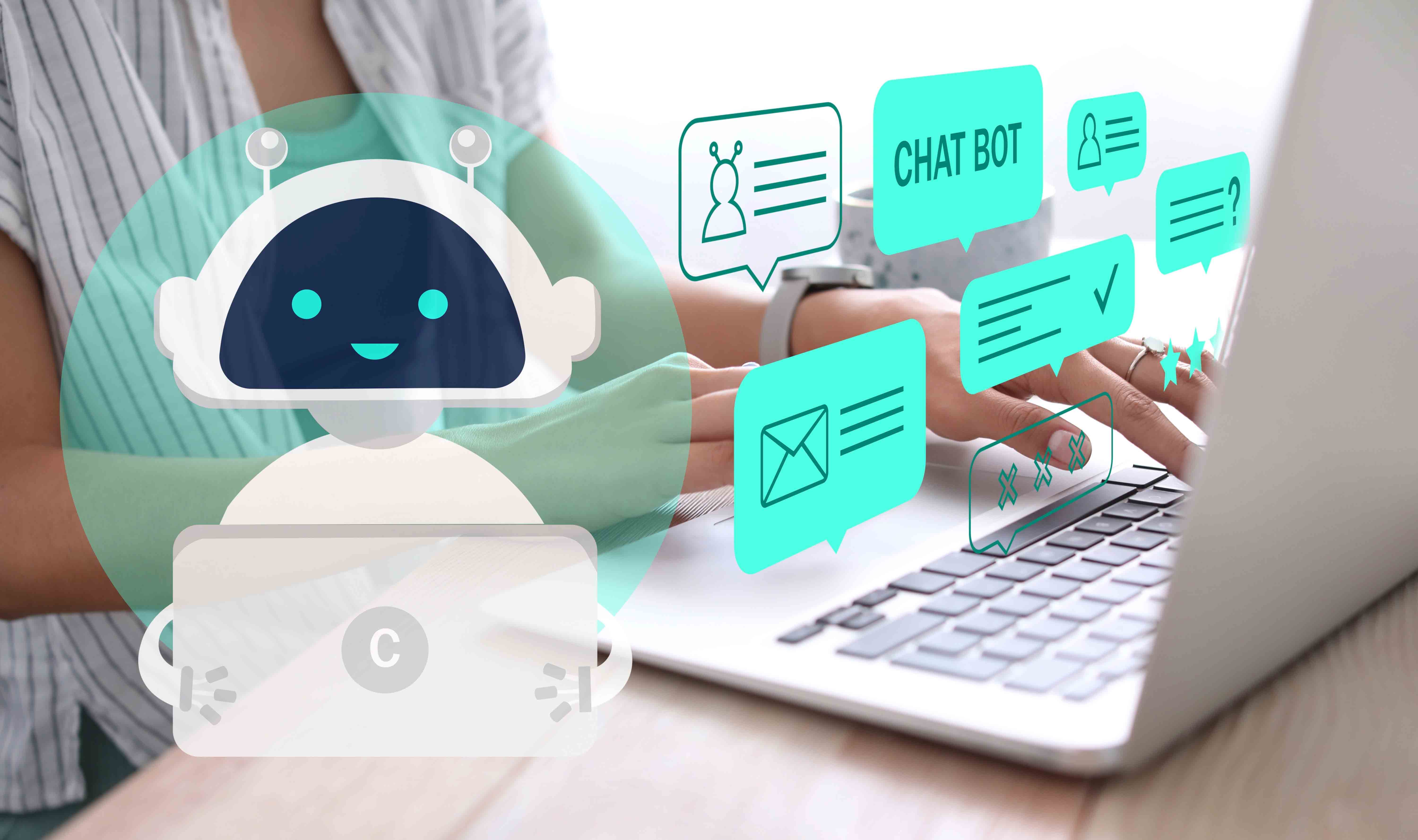5 tips to developing your skills of Personal and Career Development
Career and Personal Development require an individual focus. Development needs will vary according to the job role held and the individual’s needs, wishes, abilities, skills and other personal qualities and attributes.
Career journeys in organisations are no longer about following a clearly defined path in many cases. The path is often more like crazy paving and the pattern will be the individual’s choice and responsibility. The benefit is that it is often possible to change route.
We have put together 5 tips to help develop your skills of Personal and Career Development:
-
Time Management
If time is utilised efficiently, it results to productivity in different levels & favorable outcomes in varying degrees. For any individual who has to deal with varied roles, time management is the most critical factor for them in achieving their set goals. For example these may include objective of being a reliable employee, a diligent student, a dutiful spouse/partner & for most people importantly a responsible parent.
You must be able to manage your time day to day by setting out priorities first, then identifying what are the best means of accomplishing them. A poorly planned schedule or not having one at all is contingent to failure. One tangible tool that can be effective is keeping an annual planner. This can serve as a checklist & help keep track of your time management performance.
-
Decision Making
When considering highly successful people, we often attribute their success, at least in part, to their decision making. What decision making skills can help people make better choices? Is making better choices a talent, or is decision making skill something that can be learned and improved?
Given the thousands of decisions we make every day, all having consequences that can create positive or negative results, skills to improve this capability might be considered fundamental to a productive life. Learning decision skills provides the opportunity to increase positive outcomes while decreasing the consequences of failure that are part of the learning process.
-
Effective Communicational Skills
Developing your communication skills can help all aspects of your life, from your professional life to social gatherings and everything in between.
The ability to communicate information accurately, clearly and as intended, is a vital life skill and something that should not be overlooked. It’s never too late to work on your communication skills and by doing so improve your quality of life.
Professionally, if you are applying for jobs or looking for a promotion with your current employer, you will almost certainly need to demonstrate good communication skills. Communication skills are needed to speak appropriately with a wide variety of people whilst maintaining good eye contact, demonstrate a varied vocabulary and tailor your language to your audience, listen effectively, present your ideas appropriately, write clearly and concisely, and work well in a group. Many of these are essential skills that employers seek.
-
Leadership Skills
To handle daily life challenges we need leadership skills to find opportunities in a difficult situation. Leadership provides new opportunities to others such as jobs and income opportunities. Leadership is about leading by example.
Leaders have their own logic; they do not follow the crowd. They are not egoistic and they are very flexible to every person. Leaders have great discipline and they want and inspire others to follow the same path. Such skills and qualities are really important in our daily life. It’s because our future and success depend on, how we invest money and time in everyday life. And to invest money and time wisely, we need leadership skills.
-
Listening Skills
It has been proven countless times that the majority of failures in the workplace and in relationships are due to people's inability to listen.
Indeed, listening is an art that many of us, even adults, have yet to master. Most people mistake hearing for listening, but the two are not the same. Hearing is a physical process, but listening is an intellectual act that involves taking that information further, processing it and understanding it.
Need personal development training? Why not read about our personal development programs and contact us to find out more about the personal development courses we have to offer.
 All Courses
All Courses
 Business Administration
Business Administration Chemical Engineering
Chemical Engineering Communications and Public Relations (PR)
Communications and Public Relations (PR) Compliance and Legal
Compliance and Legal Contract and Project Management
Contract and Project Management Customer Experience and Relationship Management
Customer Experience and Relationship Management Energy and Sustainability
Energy and Sustainability Finance and Accounting
Finance and Accounting Health, Safety and Environment
Health, Safety and Environment Hospitality & Tourism
Hospitality & Tourism Human Resources and Talent Development
Human Resources and Talent Development Industrial Manufacturing and Production
Industrial Manufacturing and Production Innovation and Artificial Intelligence (AI)
Innovation and Artificial Intelligence (AI) Leadership and Management
Leadership and Management Oil and Gas
Oil and Gas Procurement & Supply Chain Management
Procurement & Supply Chain Management Quality and Productivity
Quality and Productivity Retail and E- Commerce
Retail and E- Commerce Sales and Marketing
Sales and Marketing Sports Event Management and Operations
Sports Event Management and Operations Strategy and Business Planning
Strategy and Business Planning Sustainability and CSR
Sustainability and CSR Learning Solutions
Learning Solutions
 About Us
About Us
 iLearn Blog
iLearn Blog
 Directory Calendar
Directory Calendar
 Contact Us
Contact Us
 All Courses
All Courses
 Business Administration
Business Administration Chemical Engineering
Chemical Engineering Communications and Public Relations (PR)
Communications and Public Relations (PR) Compliance and Legal
Compliance and Legal Contract and Project Management
Contract and Project Management Customer Experience and Relationship Management
Customer Experience and Relationship Management Energy and Sustainability
Energy and Sustainability Finance and Accounting
Finance and Accounting Health, Safety and Environment
Health, Safety and Environment Hospitality & Tourism
Hospitality & Tourism Human Resources and Talent Development
Human Resources and Talent Development Industrial Manufacturing and Production
Industrial Manufacturing and Production Innovation and Artificial Intelligence (AI)
Innovation and Artificial Intelligence (AI) Leadership and Management
Leadership and Management Oil and Gas
Oil and Gas Procurement & Supply Chain Management
Procurement & Supply Chain Management Quality and Productivity
Quality and Productivity Retail and E- Commerce
Retail and E- Commerce Sales and Marketing
Sales and Marketing Sports Event Management and Operations
Sports Event Management and Operations Strategy and Business Planning
Strategy and Business Planning Sustainability and CSR
Sustainability and CSR Learning Solutions
Learning Solutions
 About Us
About Us
 iLearn Blog
iLearn Blog Directory Calendar
Directory Calendar
 Contact Us
Contact Us














































 Course category
Course category Course Venue
Course Venue
